This article was originally published in 2020 and was last updated 11th March 2021.
New Zealand confirmed its first case of novel coronavirus (or COVID-19) on 28 February 2020.
Following the spread of the virus, The World Health Organisation (WHO) declared the outbreak a pandemic.
Governments around the world implemented plans to attempt to stop, or at least slow down, the spread of the virus. There have been over 100 million confirmed cases of the virus and sadly over 2.5 million have died.
The unknown elements of the virus along with travel and gathering restrictions, media coverage, and entire countries being put into lockdown, led to some anxiety about the spread of the virus. While it is prudent to keep informed of the latest health advice and follow it carefully, current information shows that most people with the virus are not severely ill. However, we must all do our part in restricting the spread of this virus to protect those most vulnerable in our community.
What is coronavirus?
Coronaviruses are a family of viruses including the common cold, severe acute respiratory syndrome (SARS) and Middle East respiratory syndrome (MERS). In early January 2020, health authorities in China identified a new type of coronavirus, called novel coronavirus (also known as 2019-nCoV or COVID-19). This viral respiratory illness was originally idenitified in Wuhan, China, among workers and visitors to a seafood and animal market.
The disease causes respiratory illness (like the flu) with symptoms such as a cough, fever, and in more severe cases, difficulty breathing. You can protect yourself by washing your hands frequently, avoiding touching your face, and avoiding close contact (1 meter or 3 feet) with people who are unwell. Source: COVID19.govt.nz
As this is a new type of virus that has not been previously detected, there are a lot of things that are still to be fully understood. Indications are that older people and those with underlying medical conditions are most at risk of getting severe COVID-19 disease.
Novel coronavirus in New Zealand
There are currently confirmed cases of COVID-19 in New Zealand. The majority of these relate to overseas travel or identified sources of infection. Many people have recovered.
Our border restrictions, our assertive contact tracing and monitored self isolation are central to our continued approach of keeping out COVID-19, stamping it out and slowing down its progression. Source: Ministry of Health
Signs and symptoms
Symptoms of COVID-19 can include:
- Fever
- Dry cough
- Difficulty breathing
- Muscle aches
- Fatigue
These symptoms can also be caused by other illnesses, such as influenza, so it is important that if you are experiencing these symptoms that you seek medical attention. Having these symptoms does not mean that you have COVID-19 – this can only be confirmed through a laboratory test.
If you develop any of these symptoms, you are encouraged to seek medical advice from your medical professional or by phoning Healthline’s dedicated COVID-19 number 0800 358 5453. Always phone ahead prior to visiting any health facility.
Prevention
New Zealand utilises an Alert Level system with regards to public health measures and restrictions to help contain or eliminate the virus.
The advice from WHO and the Ministry of Health is that basic hygiene practices help to reduce the risk of infection:
- Avoid close contact with people suffering acute respiratory infections
- Wash hands frequently, especially after contact with ill people or their environment
- People with symptoms of acute respiratory infection should practice cough etiquette:
- maintain distance
- cover coughs and sneezes with disposable tissues or clothing
- wash hands for at least 20 seconds with water and soap and drying them thoroughly, before eating or handling food, after using the toilet, and after coughing, sneezing, or blowing your nose
Anyone who is unwell should not attend work and should practice physical distancing. Suspected cases of COVID-19 who are in strict isolation should maintain a two metre distance from others in the household.
The Ministry of Health recommends that people wear a face mask to help reduce the potential spread of the virus in situations where physical distancing is not possible, ie public transport or crowded shops.
Self-isolating
For more information on self-isolating, visit the Ministry of Health’s COVID-19 website.
Treatment
Several vaccines have been created and are being distributed. As 2019-nCoV is a virus, antibiotics are not a suitable treatment.
Travel advice
From midnight on 19th March 2020, New Zealand’s borders closed to everyone except New Zealand citizens or permanent residents, their partners or dependent children, and Australian citizens usually resident in New Zealand. The full list can be found on the Ministry of Health website.
For the latest information on the novel coronavirus, visit the Ministry of Health’s new Unite Against COVID-19 website.
Although we make every effort to ensure the information we provide is accurate and up-to-date, the information contained in this website is not intended and must not be taken to be the provision or practice of medical advice or services nor a substitute for medical advice, diagnosis or treatment. If you have questions, concerns about your health or treatment or would like more information, contact your doctor. Always see your doctor or other qualified health professional before starting or changing any treatment.
Have you been concerned by the spread of the virus?
See more:
 Written by Julie Scanlon
Written by Julie Scanlon
Julie is Editor for Kidspot NZ and our MVP. Her hobbies include laughing uncontrollably at her own jokes, annoying her family by asking questions about movie plots, and never taking anything too seriously. She speaks a little Spanish and a lot of Yorkshire.
Favourite motto to live by: “It ain’t nothing but a thing”

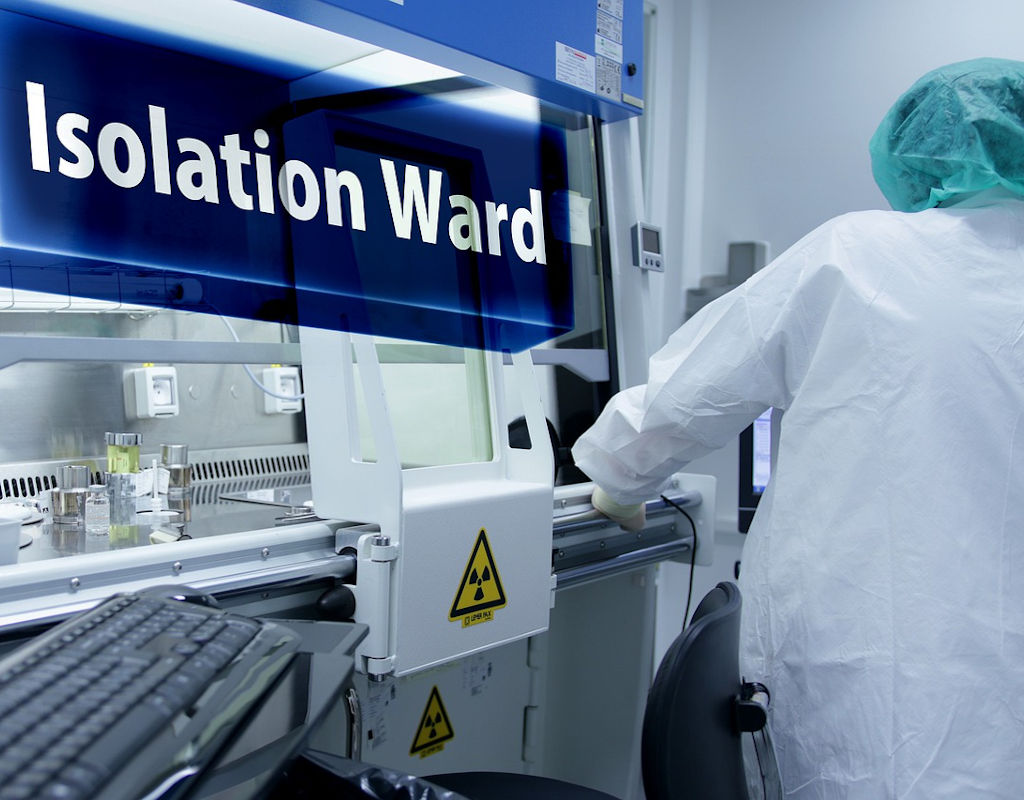
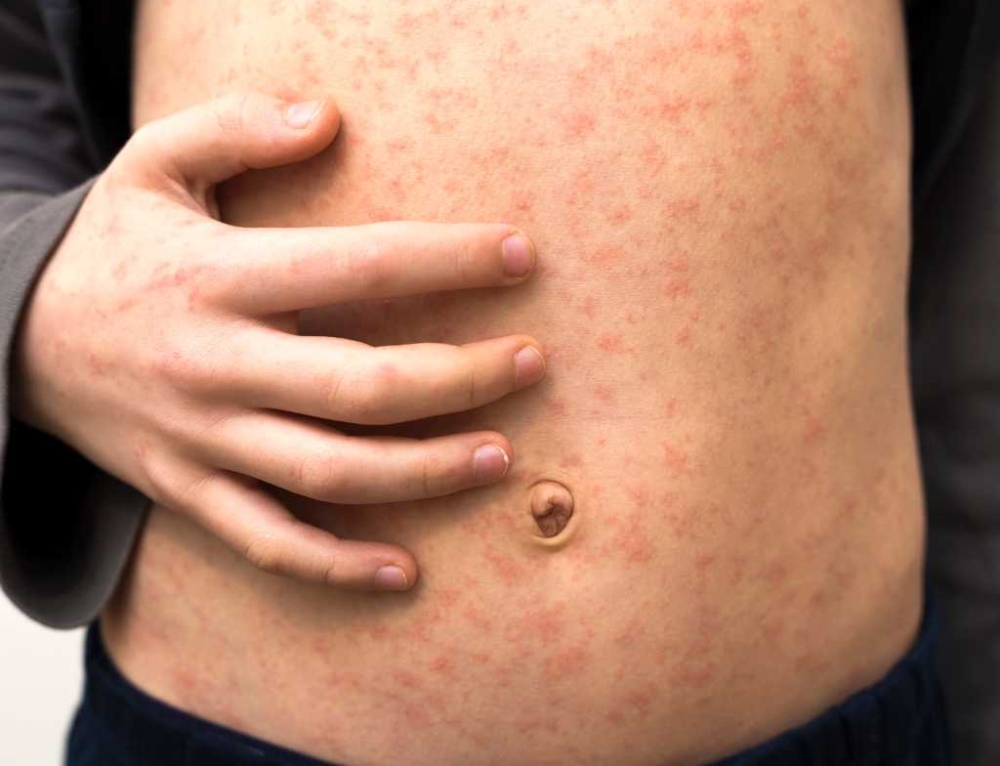
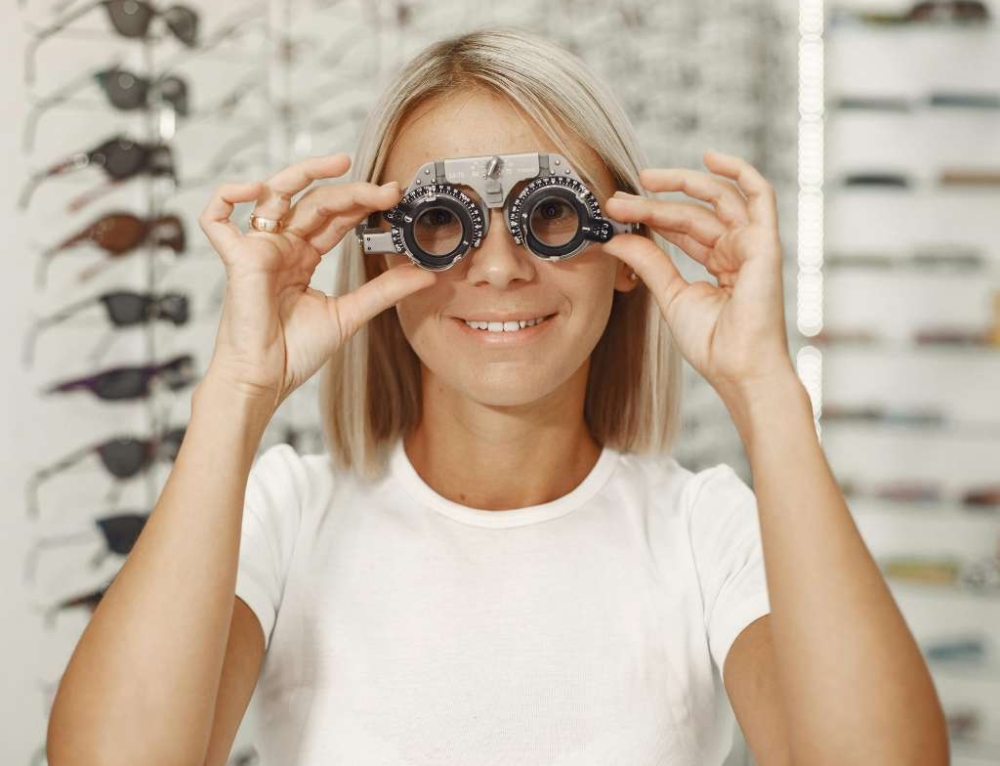
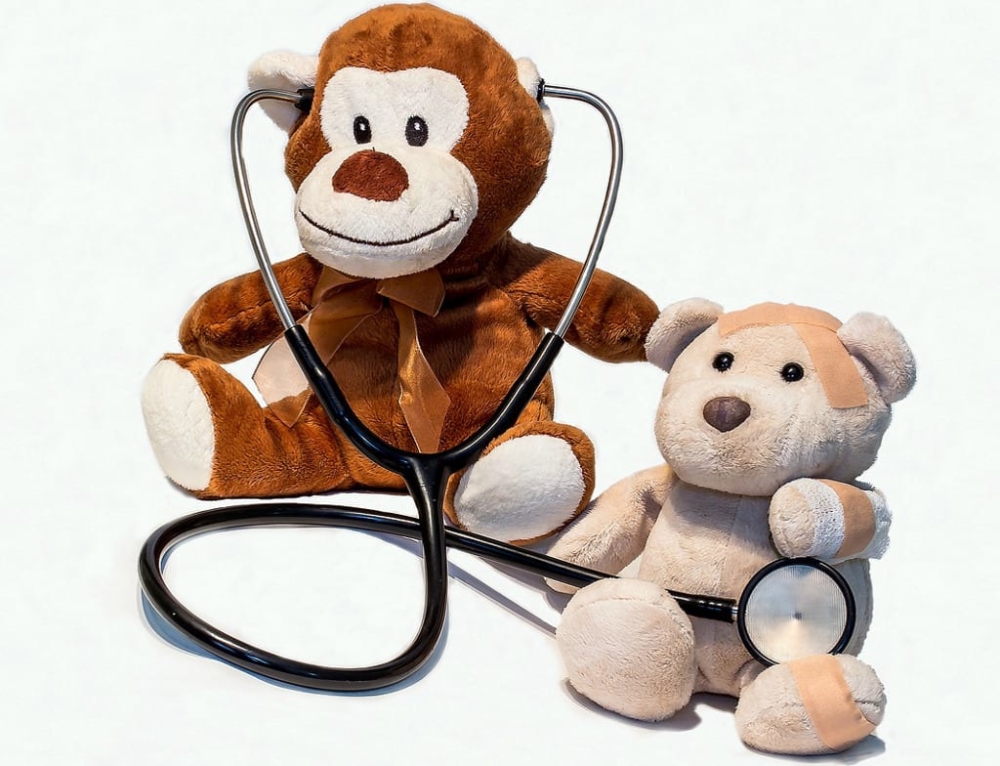
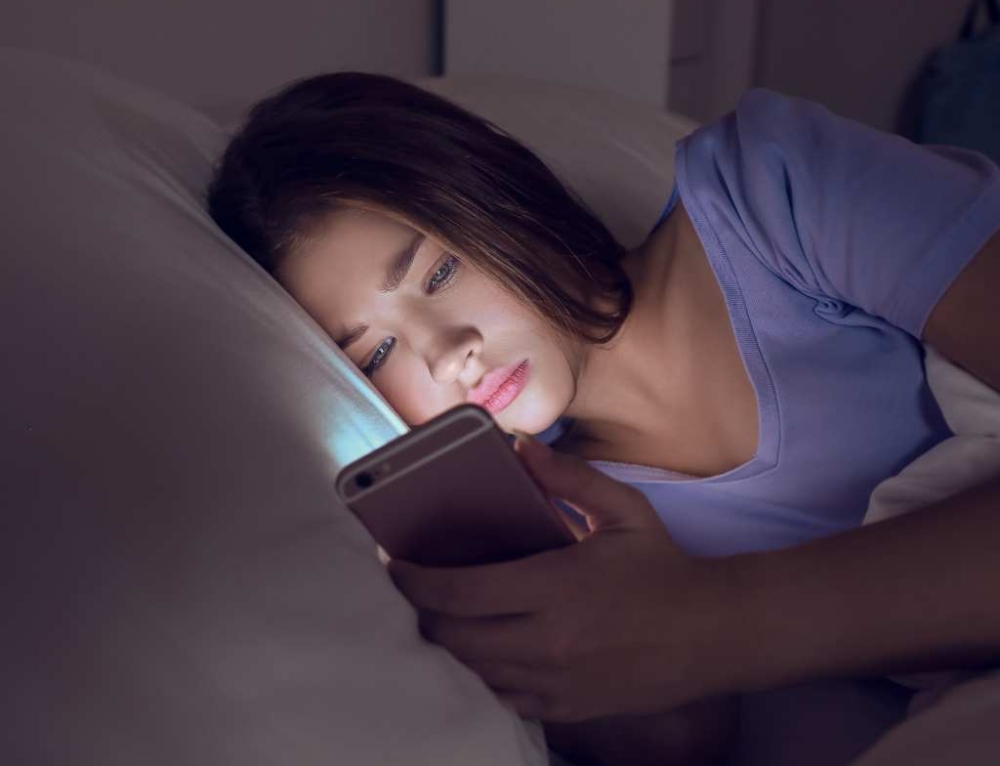

I’ve been following the news on the Coronovirus as we are travelling soon. It has been making me paranoid but research is important at this time. There’s so many sensationalised news out there and social media is not helping. Comments have turned nasty even with certain races as well. I hope that a vaccine is found soon.
Whoops I see now that this article was written prior to the first confirmed case in Auckland and potential two cases in Nelson. I for one have faith in our own public health system that we will be able to handle the situation if it worsens. I’ve also booked travel to Fiji in May, still not deterred.
We have definitely been concerned about the spread of this virus a lot seems still unknown about it. Today I heard that a lady got diagnosed for the second time with coronavirus so I feel they still don’t know enough about it. If it comes to (NZ) there are only the basics we can do hygiene wise with hand washing and staying at home while sick.
I totally agree that this is a hard thing to avoid or not get exposed to once out… i know stores sold out of face masks and hand sanitizer and people freaked out…and as much as i think its good to take precautions…i dont see the point of all the hype and fear surrounding it… i love where more information is shared rather to keep each other safe…
We have been following this on the news etc and hope that it doesnt breakout here! Its really hard with kids as they pick up most things at school so we have been giving them vitamins and reinforcing the importance of hand washing etc. Hopefully it doesnt get a hold here as it has in China!
So sad how quickly this virus has swooped around the world. I feel so sad that there are over 300 death’s so far and that’s in less than a month. Absolutely terrible. Yes I have been concerned about the spread of this virus as it is spreading very fast I’m just hoping it won’t make it to nz as we are such a small country. Hopefully if it comes here we manage to keep it contained so there is not too many cases. As I feel for the lives that are lost already.
I was originally really concerned about the virus but now not so much. It reminds me of the SARs epidemic the world had and I’m glad this time there’s been more prevention steps taken.
Unfortunately this is one of the things that really can’t be kept in check – we can all do what we can to try and stay safe though. I breathe through my nose when I’m around a lot of people, in town etc – hard when someone coughs on you though! We are also in the peak of tourist season and have a lot of cruise ships in so heaps of people around.